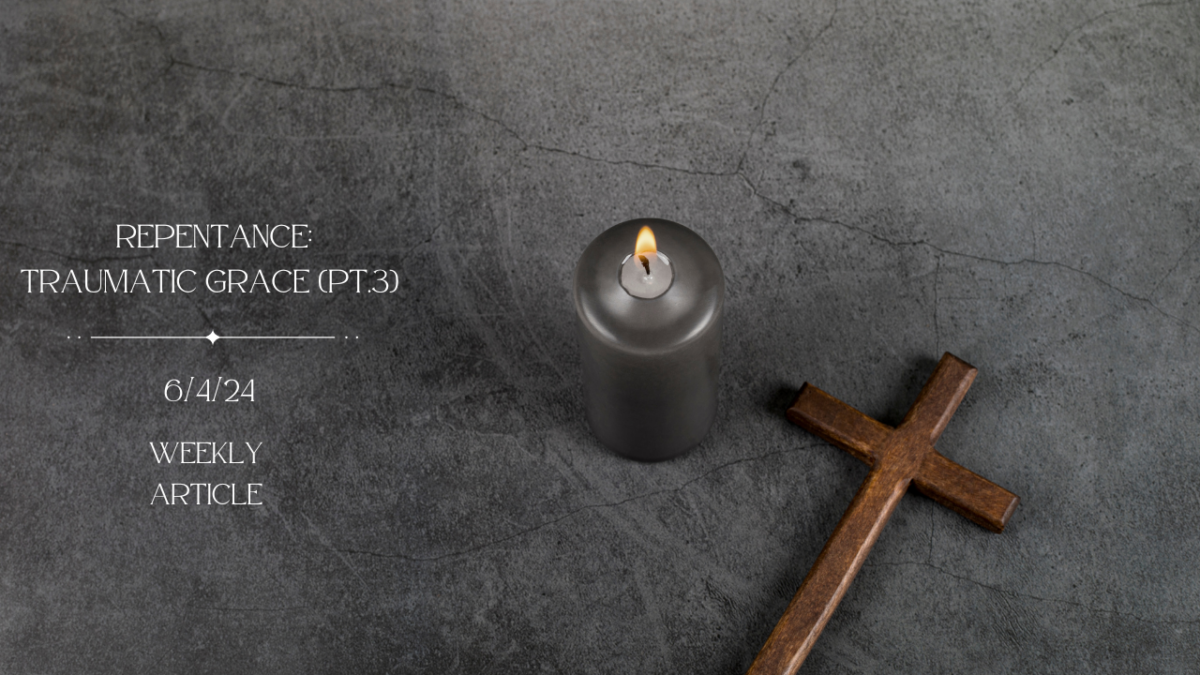In the two previous articles, we explored the first steps of true repentance: appealing to God’s mercy, confessing the sinfulness of our sin, and seeking full renewal. Now, we dive into the next two steps as we continue our journey through Psalm 51.
Step 4: True Repentance Desires God’s Glory
Psalm 51:13-15, “Then I will teach transgressors your ways, and sinners will return to you. Deliver me from bloodguiltiness, O God, O God of my salvation, and my tongue will sing aloud of your righteousness. O Lord, open my lips, and my mouth will declare your praise.“
David’s words, “Then I will teach transgressors your ways,” mark a pivotal shift. True repentance leads us to desire God’s glory above all else. Once God restores us, our natural response should be to praise Him and share His goodness with others.
An Unusual Disobedience
Throughout the gospels, Jesus often healed people and instructed them not to tell anyone. Yet, they couldn’t contain their joy and always spread the news. Mark 7 describes a man healed of deafness and muteness who, despite Jesus’ instructions, “began speaking plainly… the more He ordered them, the more widely they continued to proclaim it.” When we experience God’s healing, we can’t help but declare His praises.
False Repentance
False repentance seeks self-preservation, apologizing only to return to normalcy. It focuses on saving face rather than glorifying God. If our repentance doesn’t lead us to eagerly share God’s goodness, it likely hasn’t reached deep enough.
What Now
We are all saved to be used by God. As verse 15 states, “O Lord, open my lips, and my mouth will declare your praise.” True repentance frees us from self-esteem and leads us to Christ-esteem, where we seek to glorify God with our lives. True repentance teaches us that no one is unworthy of ministry because no one was worthy of ministry in the first place. David, despite his grave sins, was used by God to bring others to Him. The only prerequisite for grace is unworthiness. So admitting our sins and repenting qualifies us for God’s use.
Step 5: True Repentance Leaves Us Broken
Psalm 51:16-17, “For you will not delight in sacrifice, or I would give it; you will not be pleased with a burnt offering. The sacrifices of God are a broken spirit; a broken and contrite heart, O God, you will not despise.“
David reveals that God desires our brokenness, not just ritual sacrifices. Traumatic grace allows us to reevaluate our life’s scorecard, focusing on what truly matters to God.
What Is The Scoreboard?
Consider the different ways to win various games—sometimes by the most points, other times by the least strokes. The scoreboard determines how you play. For life, what defines success? For Jesus, it’s “Blessed are the poor in spirit… those who mourn… the meek.” Jesus values brokenness before Him–which radically changes the game.
False Repentance
False repentance leaves us unchanged, applying just enough pressure to escape the immediate consequences. It doesn’t produce lasting humility. True repentance, borne of traumatic grace, humbles us genuinely.
Walking in brokenness means diminishing our self-importance in light of the gospel’s grace. Are we more like Peter, defending ourselves with aggression as he swings his sword around in self-defense, or like Jesus, who endured suffering humbly? When we embrace brokenness, judgment ceases, and we all recognize our shared need for God’s grace.
A Contrite Heart
True repentance leads to raw, humbled honesty before God, where we acknowledge that Jesus is our only hope. Living in true repentance means embracing a broken spirit, realizing that our only boast is in God’s grace. Sharing our struggles reveals our common dependence on Jesus, fostering a community of authentic, humble believers. So when we truly experience God’s renewal, it draws us towards the praise of God’s glory and leaves us beautifully broken.





